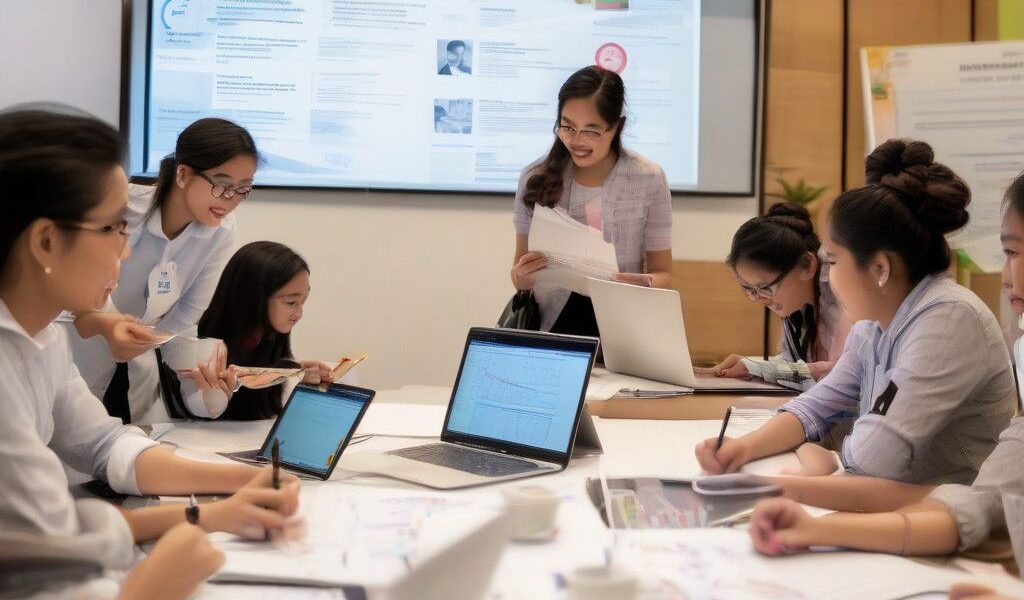DSWD and UNDP Strengthen Digital Social Protection in the Philippines
In a significant move aimed at improving social welfare, the Department of Social Welfare and Development (DSWD) of the Philippines has forged a strategic partnership with the United Nations Development Programme (UNDP). This partnership, formalized through a Memorandum of Understanding (MOU) signed on November 15, 2024, marks a pivotal step in enhancing social protection systems within the country.
The collaboration focuses primarily on advancing digitalization within the DSWD, which is essential for effective governance and community engagement. This partnership is designed to establish a robust digital infrastructure that can facilitate the monitoring and evaluation of social protection initiatives. With increasing emphasis on evidence-based decision-making, both organizations recognize the importance of utilizing data to tailor social programs according to the evolving needs of vulnerable populations.
A primary objective of this partnership is to enhance the digital infrastructure associated with social welfare programs. The DSWD aims to leverage digital tools to improve its capacity for providing vital services to the country’s poor and vulnerable communities. For instance, by employing data analytics and digital platforms, DSWD can identify at-risk groups more effectively and streamline the distribution of aid. This evidence-based approach can significantly improve the response times and efficiency of social welfare programs, potentially transforming service delivery standards in the Philippines.
The significance of this partnership extends to the promotion of continuous learning among government agencies. As part of the agreement, the partnership will implement initiatives designed to foster multistakeholder collaborations, combining the expertise of various sectors in developing and refining social protection mechanisms. Trainings and workshops will be organized to elevate the digital capabilities of DSWD personnel, ensuring they can utilize new tools and methodologies effectively.
A clear example of how digitalization can reshape social services lies in the Philippines’ Cash for Work program, which is designed to provide temporary work for those in need. By integrating digital reporting and monitoring systems, the DSWD can better track project impacts and participant feedback, which is crucial for evaluating the program’s effectiveness and responsiveness. Enhanced data collection methods can lead to more informed policy adjustments, hence amplifying program success.
Moreover, the partnership’s focus on data governance is aligned with global best practices. Poor data management often hinders the effectiveness of social programs. By establishing proper protocols for data collection, storage, and analysis, the DSWD can ensure that sensitive information is handled ethically and securely, while also improving service delivery.
It’s important to note that enhancing social protection is not merely about providing financial assistance but also about creating a comprehensive support system that includes skills development and access to education. Through digital innovations, the partnership aspires to empower communities to lift themselves out of poverty. For instance, the integration of online training programs could help beneficiaries gain new skills, preparing them for better employment opportunities.
In conclusion, the partnership between the DSWD and UNDP represents a critical advancement in the quest for comprehensive social protection in the Philippines. This collaboration underscores a commitment to building a stronger framework for social services, utilizing digital tools to address the needs of the most vulnerable effectively. As both organizations continue to work together, the potential for improved social welfare services can significantly alter the lives of many Filipinos.
Moving forward, the focus will be on implementing the outlined strategies and monitoring their effectiveness. This partnership sets a precedent within the region and could serve as a model for other nations looking to enhance their social protection frameworks through digital transformation.








